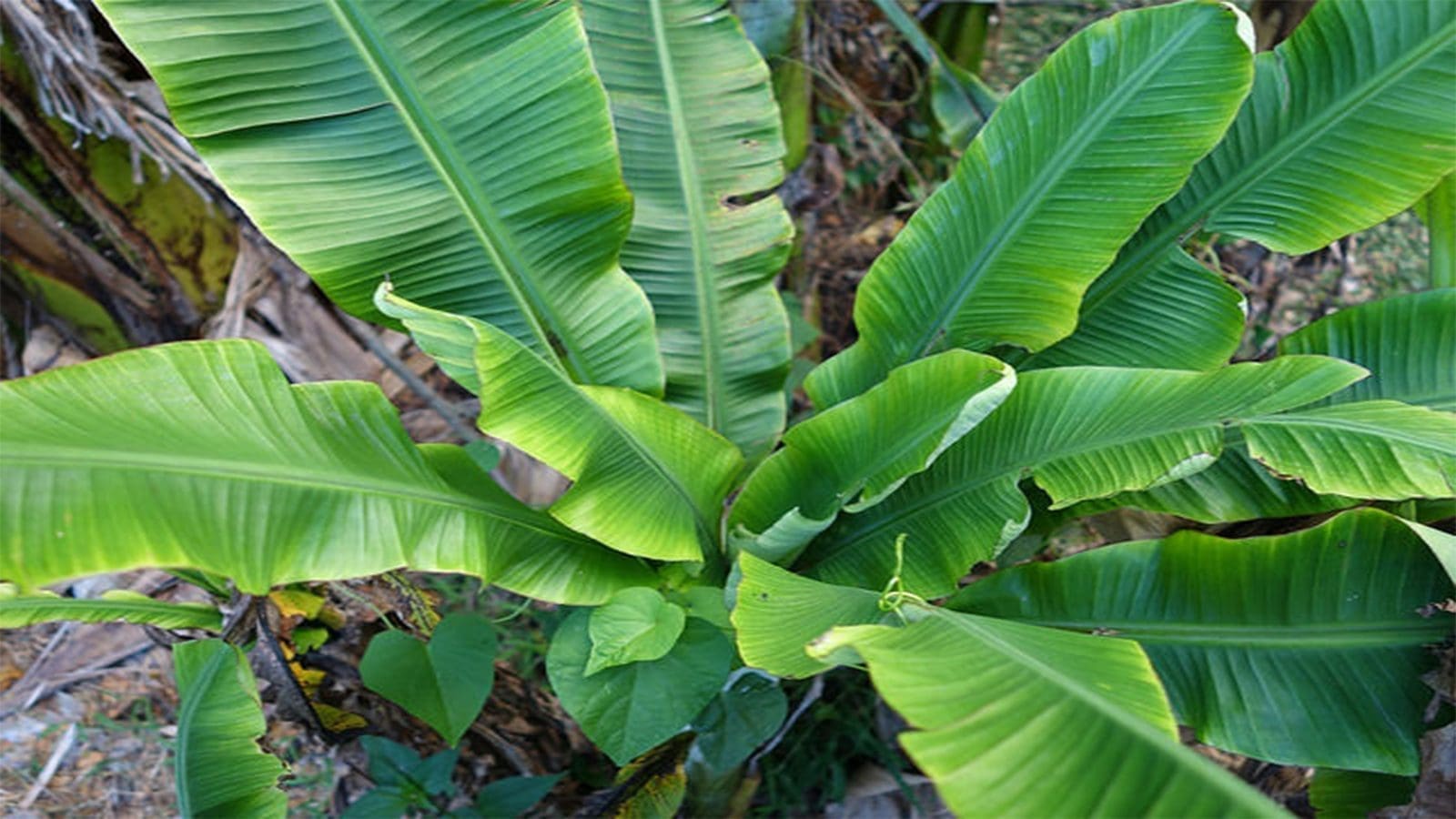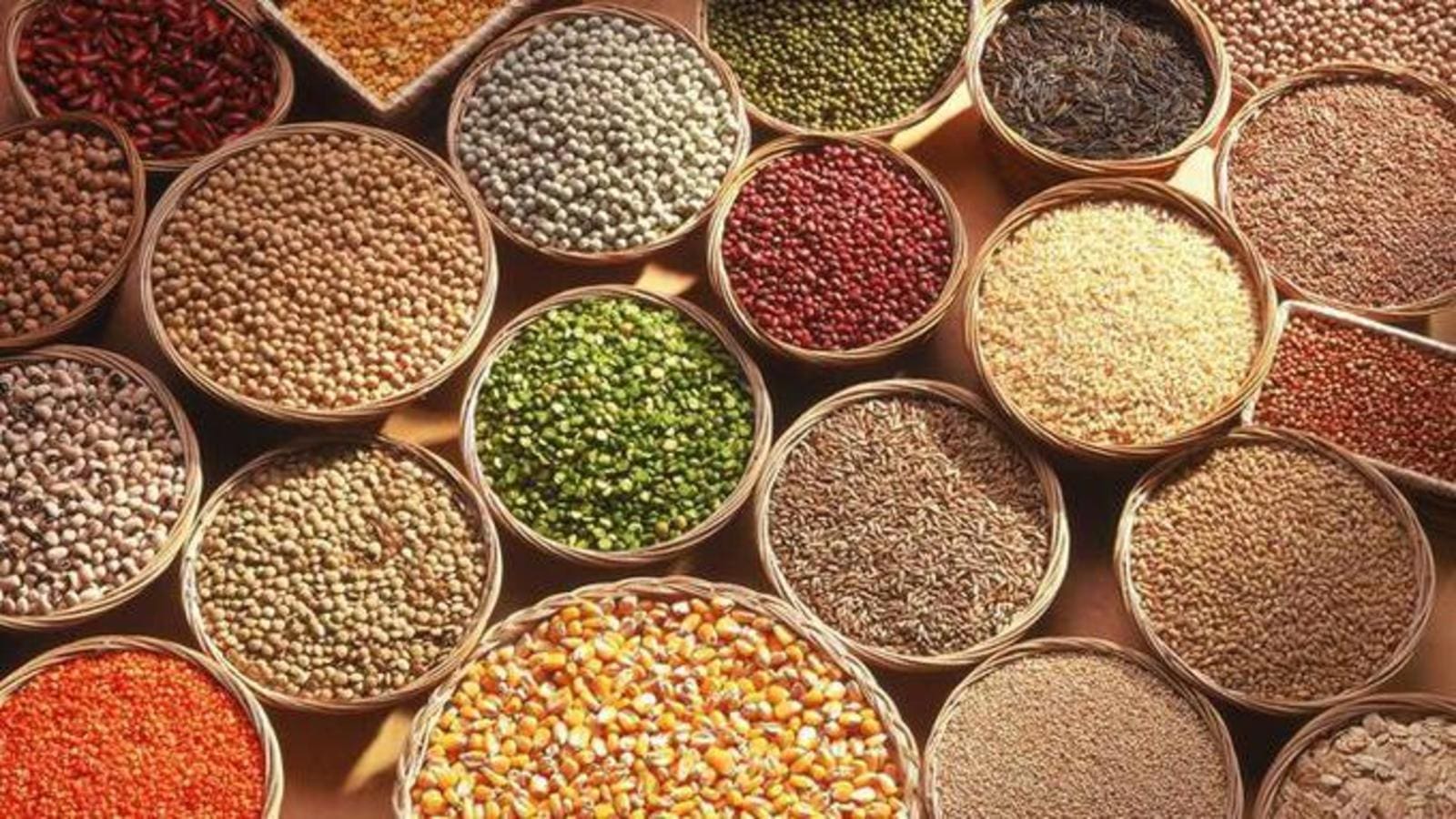EGYPT – Indomie Egypt has pulled some of its products from Egyptian markets following an order from the Egyptian National Food Safety Authority (NFSA) which labelled Indomie’s chicken and vegetable flavored instant noodles, as well as instant noodles with chili packs as unsafe for human consumption.
After a recent-social media debate regarding the widely-consumed noodles product in the Egyptian markets, NFSA sent samples to central laboratories, to ensure their safety. The noodles, was claimed to cause poisoning and harm to consumers, especially children.
It was also claimed that the spice bags, especially the chili, included inside the noodles package is the reason behind making the children ill, and that it must be removed from the package.
Food safety tests conducted by the Egyptian agency found that Indomie’s chili packets and the chicken and vegetable flavor packets contained aflatoxins and pesticide residues in quantities that exceeded safe limits.
Hussein Mansour, Head of the Food Safety Authority, confirmed in statements that the authority is currently withdrawing samples of the product in the markets, to ensure its safety, and to make sure that it does not have any negative effects on citizens.
So far, Indomie Egypt has withdrawn 733,340 cartons of different Indomie flavors from the Egyptian market.
The noodles company announced that it is currently withdrawing the product from the market, in order to change the outer shape packaging.
Salah Galal, Indomie’s Sales Official, revealed that the company will comply with the directive to remove the chili out of the noodles package, as most of the noodles consumers are children.
NFSA’s directive further required the company to remove the claim written on the product packages regarding the benefits of vitamin B and mineral salts of iron, zinc and calcium.
CCA raises alert
The Common Market for East and Southern Africa (COMESA) Competition Commission (CCA) has raised an alarm that similar products are being imported and marketed in the other Member States of the Common Market for Eastern and Southern Africa which includes Kenya.
“The Commission would like therefore to alert the general public of the risks in consuming above Indomie instant noodles as established by the FSA and to exercise caution on the consumption of the same,” a statement issued indicated.
CCA applies an effective system on food producers to track the process of food manufacturing during all its stages, until it reaches the consumer at various outlets.
The authority stressed that this procedure is carried out almost on a daily basis, in various developed countries of the world where regulatory authorities recall the non-conforming product, in order to ensure the health of the consumer and the reputation of the producing facility.
“Other than those three products, Indomie instant noodles were generally found to be safe for human consumption,” CCA stated.
The Commission has since requested any person who establishes that the above products are being sold in the Common Market to report the matter to the Commission.
Aflatoxins and Pesticides Cereal grains contaminated with aflatoxins represent a public health problem due to the high toxicity of these substances and also because they remain partially stable during the industrial processes when manufacturing derived products.
Aflatoxins result from moulding on grain caused by poor storage of foodstuffs in warm and humid conditions, and to a lesser extent, planting of affected seeds.
It is a type of mycotoxin produced by Aspergillus species of fungi, such as A. flavus and A. parasiticus. The umbrella term aflatoxin refers to four different types of mycotoxins produced, which are B1, B2, G1, and G2.
Aflatoxin B1, the most toxic, is a potent carcinogen and has been directly correlated to adverse health effects, such as liver cancer in many animal species.
Aflatoxins remain the most pervasive food safety challenge facing Africa today.
On the pesticide issue, the World Health Organization (WHO) records that there are more than 1000 pesticides used around the world to ensure food is not damaged or destroyed by pests. Each pesticide has different properties and toxicological effects.
According to WHO, none of the pesticides that are authorized for use on food in international trade today are genotoxic, i.e., damaging to DNA, which can cause mutations or cancer.
Adverse effects from these pesticides occur only above a certain safe level of exposure. When people come into contact with large quantities of pesticide, this may cause acute poisoning or long-term health effects, including cancer and adverse effects on reproduction.
WHO, in collaboration with FAO, is responsible for assessing the risks to humans of pesticides – both through direct exposure, and through residues in food – and for recommending adequate protections.
Liked this article? Subscribe to Food Safety Africa News, our regular email newsletters with the latest news insights from Africa and the World’s food safety, quality and compliance. SUBSCRIBE HERE








